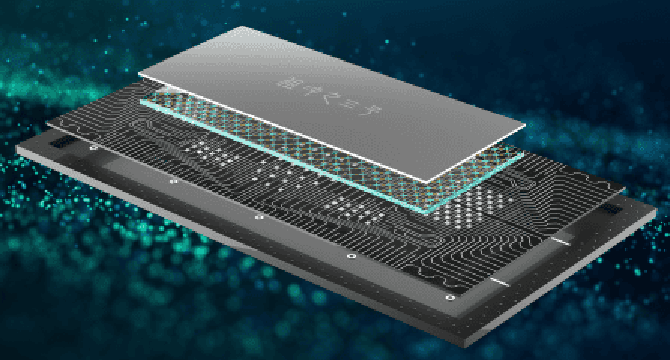Physicsworld
1w
162

Image Credit: Physicsworld
Quantum computers extend lead over classical machines in random circuit sampling
- A 105-qubit quantum processor in China can solve a quantum computation problem in minutes that would take billions of years on classical supercomputers.
- Quantum advantage is the ability of a quantum computer to solve a problem faster than a classical computer by reducing resource requirements.
- Google's 53-qubit Sycamore processor first claimed quantum advantage in solving random circuit sampling (RCS).
- Improvements in classical algorithms have reduced the RCS problem-solving time on supercomputers.
- Google's 67-qubit Sycamore processor and China's Zuchongzhi 3.0 processor have shown recent claims of quantum advantage.
- The USTC team redesigned their processor to achieve faster RCS calculations compared to classical supercomputers.
- Google's Willow processor also uses 105 qubits but lacks published research on RCS.
- USTC plans to demonstrate quantum error correction on their Zuchongzhi 3.0 processor.
- Challenges remain in efficiently verifying quantum advantage and addressing noise in quantum systems.
- Researchers are optimistic about progress in quantum computing despite existing challenges.
Read Full Article
9 Likes
For uninterrupted reading, download the app